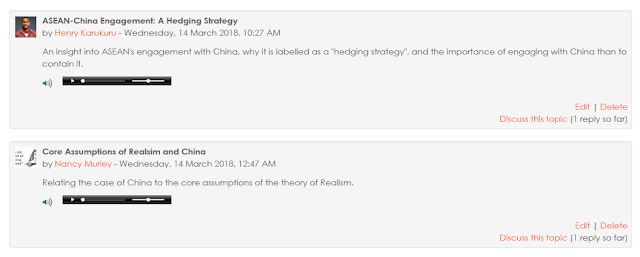Cynthia Weber's international anarchy myth
What is the meaning of anarchy? Different online and offline sources will give you an array of explanations. Anarchy is a central concept in our study of international relations. Merriam-Webster defines anarchy as absence of government. Another meaning is the absence or denial of any authority or establish order. The definition from Merriam-Webster above is more or less the definition we are after. It sets the basis for understanding the concept of anarchy in international relations. The hierarchical structure of the domestic political system is another good starting point for anyone trying to explain the concept to foundation year students of international relations. This will help students to distinguish between the structure of the domestic and international system. From my point of view, I believe a prerequisite unit on political theory discussing the works of various political philosophers should be taken prior to studying international relations theory. Moreover, a unit
